Tesla Inc. is set to release its first-quarter earnings Tuesday afternoon, with investors closely watching whether recent political controversy surrounding CEO Elon Musk has had a material effect on the company’s financial performance.
The earnings report follows a turbulent period for the electric vehicle maker, which has faced declining vehicle sales, a sharp drop in stock price, and intensifying competition in the EV sector. The volatility coincides with a wave of protests against Musk’s temporary government role as head of the US Department of Government Efficiency (DOGE) under President Donald Trump, a position that has sparked backlash at Tesla dealerships around the world.
While it is unclear how much the political controversy has directly impacted Tesla’s bottom line, the earnings report may offer insight into the broader implications of Musk’s dual roles. His government appointment is expected to end next month, but shareholders and analysts are eager for clarity on his plans moving forward.
Some Tesla investors have publicly urged Musk to step away from his government duties and refocus on the company full-time. Analysts, including Wedbush’s Dan Ives, have described the moment as a “fork-in-the-road” for the automaker and its leadership.
Tesla’s share price has fallen significantly, down more than 50% since reaching a record high in December. A large portion of this decline occurred after Trump’s inauguration and Musk’s involvement in the new administration. In the first quarter of 2025, Tesla vehicle deliveries dropped by 13% compared to the same period in 2024. The company attributed part of the decline to a Model Y production changeover, which it says temporarily reduced output.
The company’s financial performance has also been affected by shifting market dynamics. Tesla, which remains a leading EV manufacturer, is increasingly challenged by international competitors, particularly China’s BYD, which recently unveiled advances in affordable autonomous driving technology.
Further complicating Tesla’s outlook is the threat of new US auto tariffs, announced earlier this month by the Trump administration. While Tesla benefits from a largely domestic supply chain, Musk acknowledged that imported parts may become more expensive under the new policy.
Investors are also awaiting updates on the company’s highly anticipated robotaxi program, which is slated to begin testing in Austin, Texas, this June. Some see autonomous vehicles as a key driver of Tesla’s long-term value, even as its core car sales — which accounted for 90% of revenue last year — appear to be slowing.
The high valuation of Tesla stock, which continues to trade at a premium relative to traditional automakers and even many tech firms, means that future growth expectations play a critical role in investor sentiment. Analysts note that while first-quarter profits and revenue are projected to decline from a year ago, investor focus remains on long-term developments, including potential new product announcements and the evolution of self-driving technology.
Some analysts suggest that any signs of Musk re-engaging more fully with Tesla could bolster investor confidence.
“A good narrative could outweigh weak fundamentals,” said Dan Levy, an analyst at Barclays.
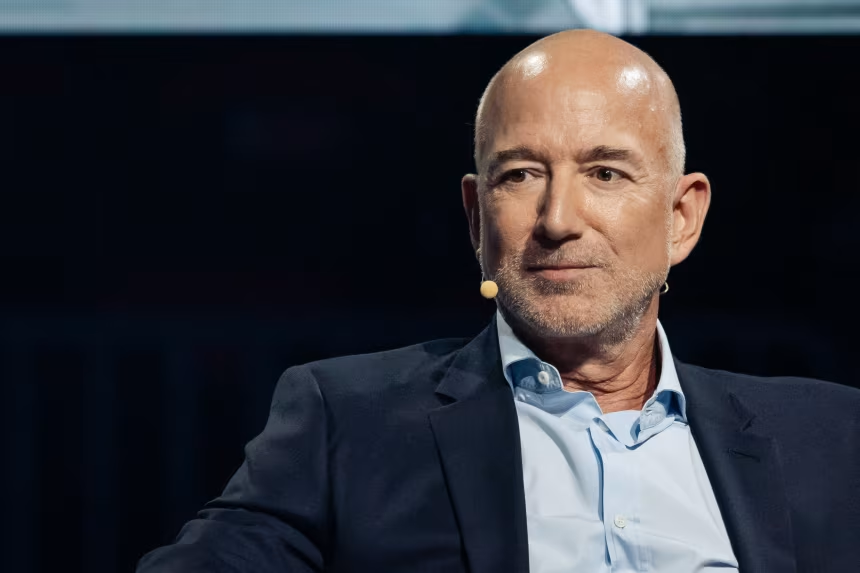
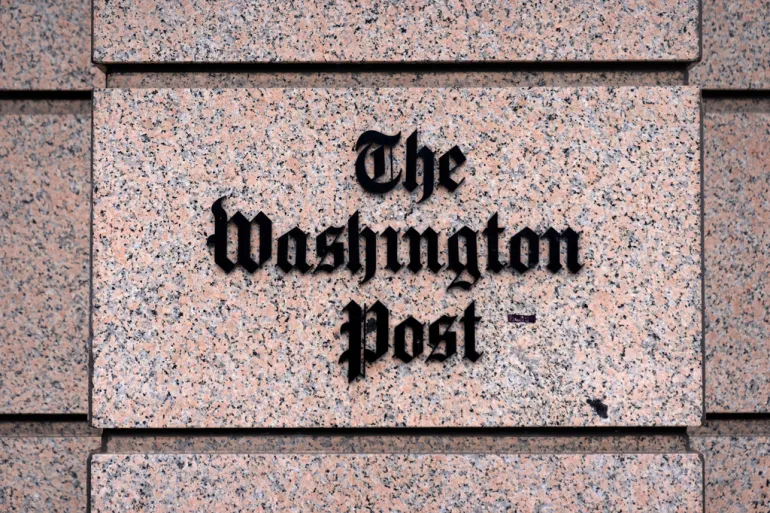
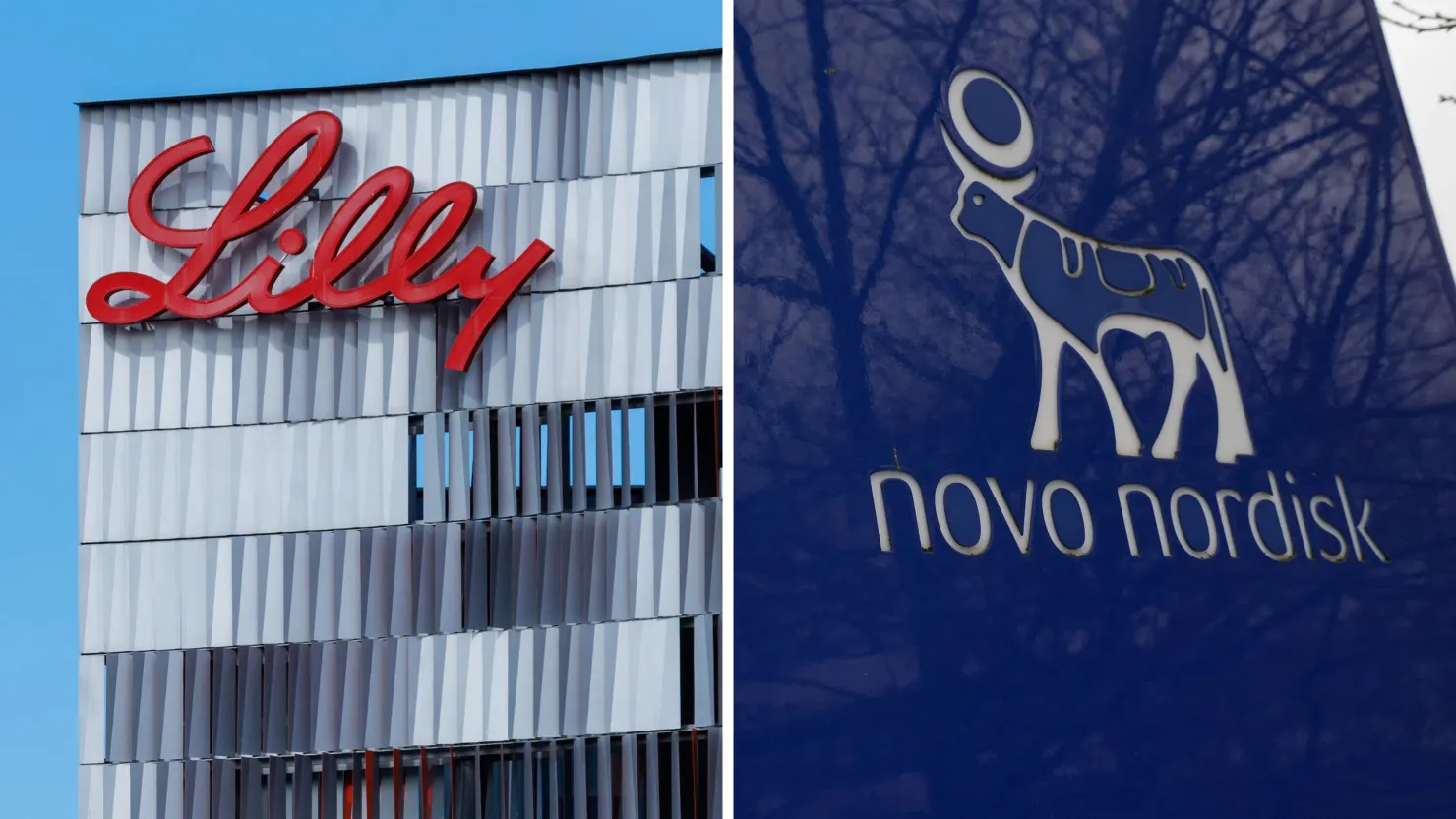
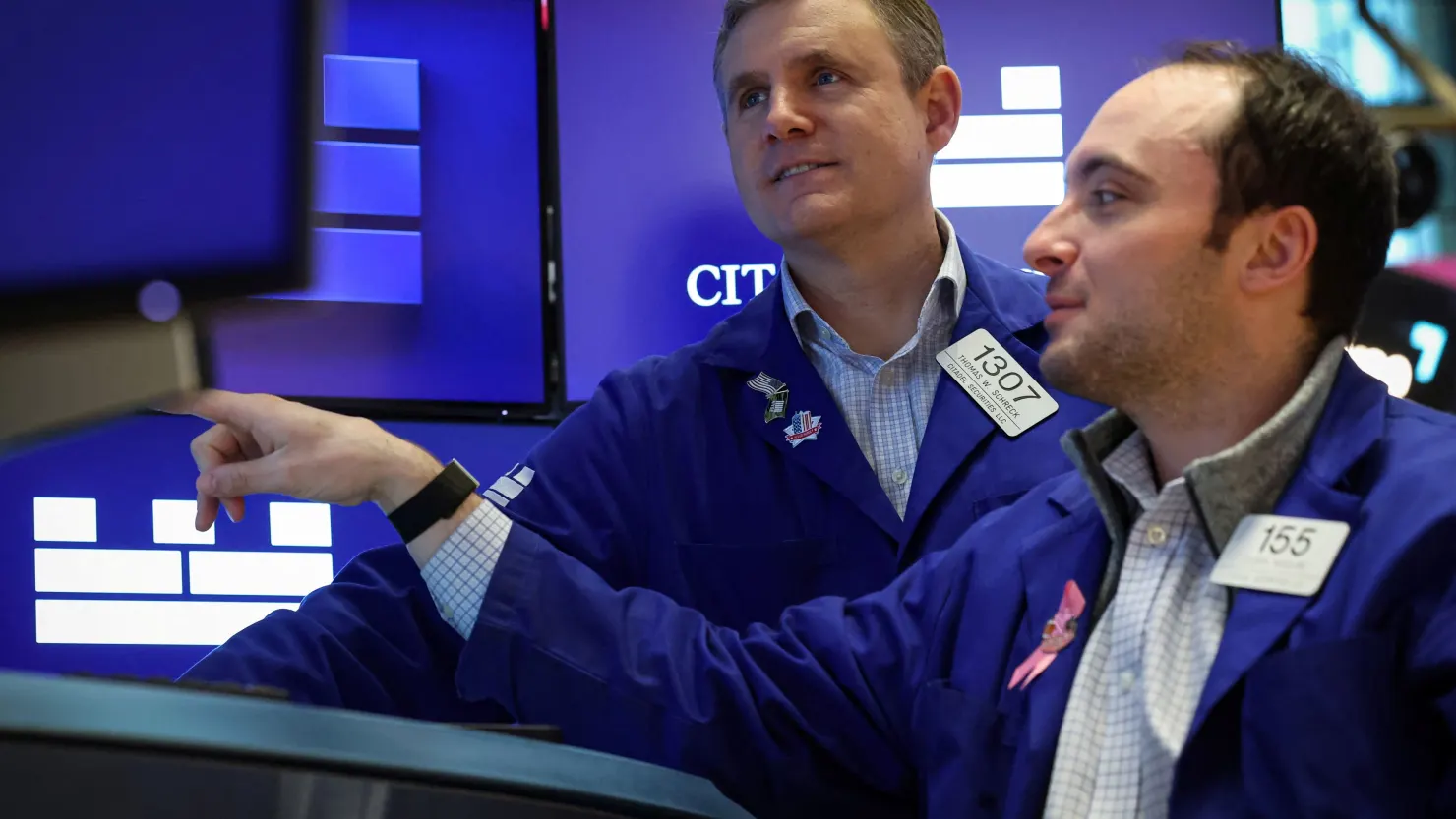
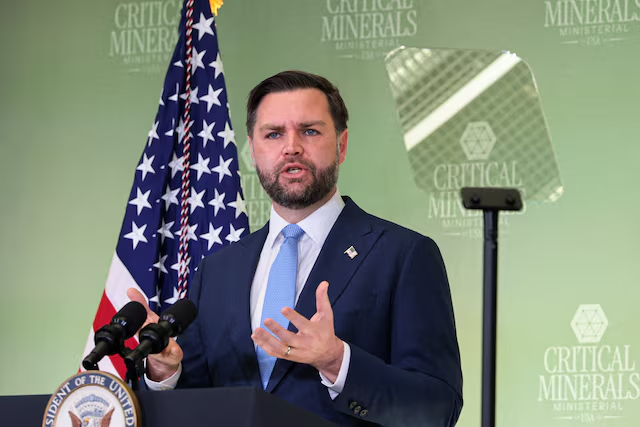
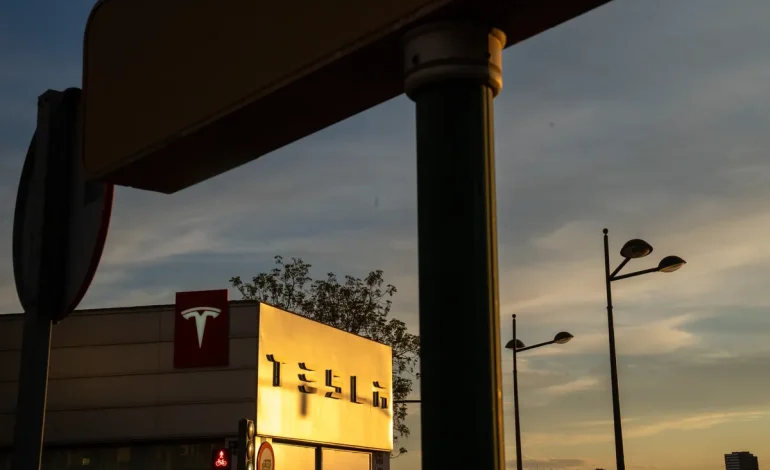




The latest news in your social feeds
Subscribe to our social media platforms to stay tuned